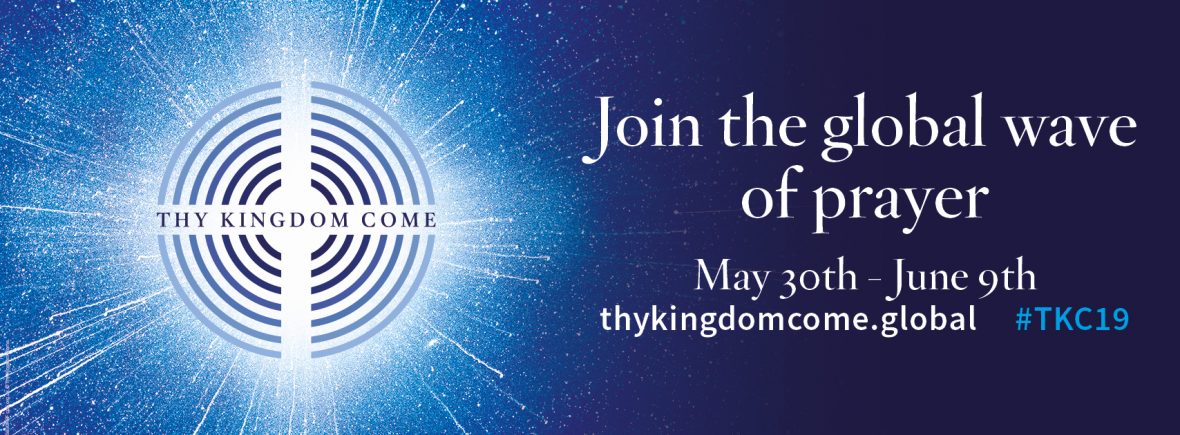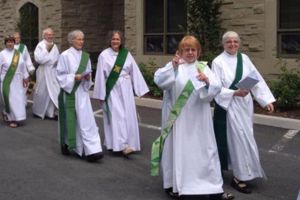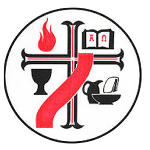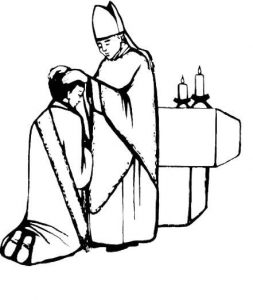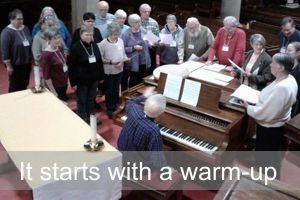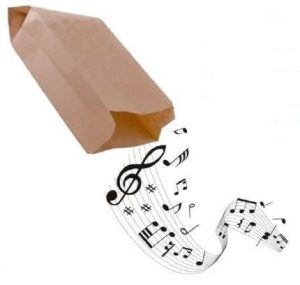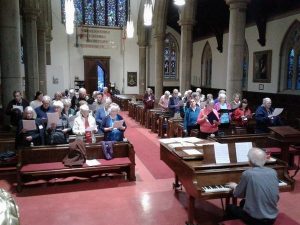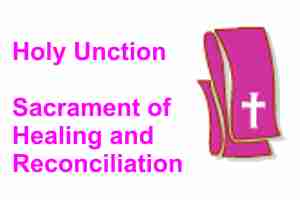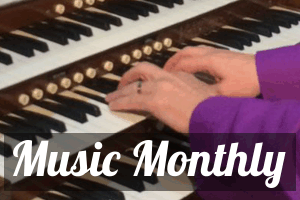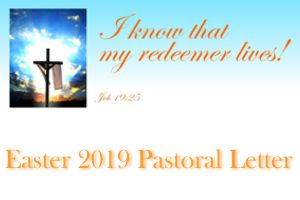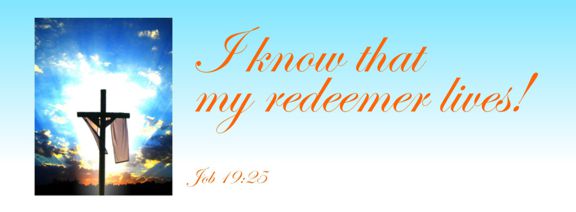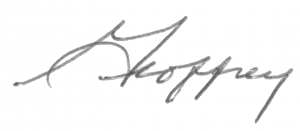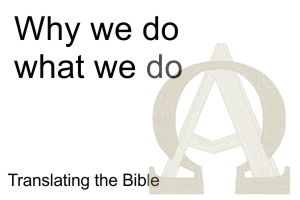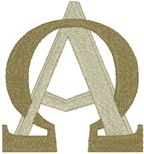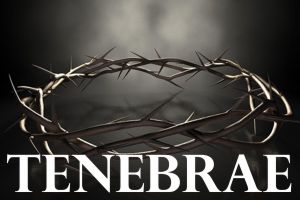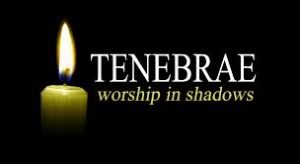This something we can do "together!"
Get the mobile app. Download on Google Play or the Apple App Store.
At Christ Church Cathedral, there are several opportunities to become involved. A Guide to 10 Days of Prayer is available to help you focus.
Join in by:
1. Coming to worship on the evening of the Ascension of the Lord, Thursday, 30 May at 7:30 p.m. as we celebrate the festival and a kick off of Thy Kingdom Come.
2. Using the prayer resource in your own daily prayers. If you don't have an established discipline of daily prayer, why not take this opportunity to pray intentionally for the 10 days of Thy Kingdom Come?
3. Joining us as we pray in community Monday to Friday at, one or both of, the daily offices at the Cathedral, 8:45 a.m. and 4:45 p.m. Leaders will specifically be praying with a focus on the goals of Thy Kingdom Come.
4. Joining the Dean of Fredericton in a prayer walk on Wednesday, 05 June, 5:30 - 6:30 p.m. around downtown Fredericton praying for our City that Jesus will become known. We'll stop briefly at several locations including the NB Legislature, Isaac's Way, and City Hall
5. Singing the "Thy Kingdom Come" theme song in worship at 11:45 a.m. on June 2nd
After the very first Ascension Day the disciples gathered with Mary, constantly devoting themselves to prayer while they waited for the outpouring of the Holy Spirit at Pentecost. Like them, our reliance on the gift of the Holy Spirit is total – on our own we can do nothing.
Through the centuries Christians have gathered at that time to pray for the coming of the Holy Spirit. ‘Thy Kingdom Come’ picks up this tradition. Over the past three years more and more worshipping communities have dedicated the days between Ascension and Pentecost to pray ‘Come Holy Spirit’.
The prayer is that the Spirit would inspire and equip us to share the Good News of Jesus Christ with our friends and families, our communities and networks. It has been amazing how many varied ways there have been in which people from every tradition have taken up this challenge. The effects have been remarkable.
that the Spirit would inspire and equip us to share the Good News of Jesus Christ with our friends and families, our communities and networks
It is our prayer that those who have not yet heard the Good News of Jesus Christ and his love for the world will hear it for themselves, and respond and follow him. Specifically, we again invite each and every Christian across the country to pray that God’s Spirit might work in the lives of 5 friends who have not responded with their ‘Yes’ to God’s call.
Whether you have joined in "Thy Kingdom Come" before or not, you're invite you to take part this year – along with churches from over 65 different denominations in 114 countries around the world!
GMH



